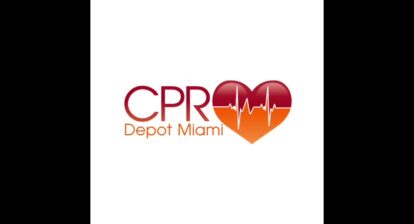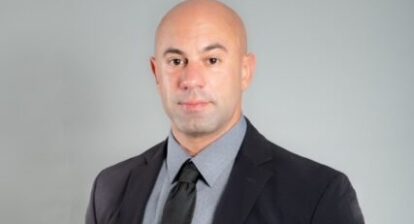Judell Acosta
Public Adjuster #W837160
786-227-1805
🔹 Property Damages ⛈🔥🦠💧
🔹 Licensed in all of Florida
🔹 Residential and Commercial
🔹 Contact me for a FREE damage inspection
Judell@Guardyourclaim.com
Hello everyone,
For those of you that don’t know me my name is Judell Acosta and I’m a Lieutenant With Miami Dade Fire Rescue. I’m excited to be here on this site to offer my services. I’m a licensed Public Adjuster.
A public adjuster is a licensed insurance professional who works on behalf of policyholders to assist them in the process of filing and settling insurance claims. Unlike insurance company adjusters, who represent the insurer’s interests, public adjusters are advocates for the insured individuals or businesses. Their primary role is to ensure that policyholders receive fair and accurate settlements for their insurance claims.
Here’s a more detailed explanation of what a public adjuster does:
- Claims Evaluation: When an individual or business experiences damage to their property, such as due to a fire, natural disaster, water damage, or other covered events, the first step is to assess the situation. The public adjuster will thoroughly evaluate the policyholder’s insurance policy, including coverage limits, exclusions, and other relevant details.
- Damage Assessment: Public adjusters are skilled in assessing property damage. They inspect the affected property, document the extent of the damage, and compile a detailed inventory of lost or damaged items. This documentation is crucial for supporting the insurance claim and ensuring that all relevant damages are accounted for.
- Claim Preparation: Public adjusters take charge of preparing and filing insurance claims on behalf of the policyholders. They handle all the necessary paperwork and documentation, making sure the claim is complete, accurate, and complies with the insurance company’s requirements.
- Negotiation: Public adjusters are experienced negotiators who work directly with the insurance company’s adjusters or representatives. Their goal is to maximize the claim settlement for their clients. They know how to navigate the insurance industry, interpret policy language, and leverage their expertise to ensure a fair and equitable settlement.
- Advocacy and Representation: Throughout the claims process, public adjusters act as strong advocates for the policyholders. They protect their clients’ rights and interests, ensuring that the insurance company handles the claim professionally and promptly. If disputes arise, the public adjuster will represent the policyholder’s case and fight for a fair resolution.
- Expedite the Process: Insurance claims can be complex and time-consuming. Public adjusters streamline the process by managing all the paperwork, communications, and negotiations, allowing policyholders to focus on rebuilding their lives or businesses.
- Expertise in Insurance Policies: Public adjusters have a deep understanding of insurance policies, coverage types, and claim procedures. This expertise allows them to identify potential areas where the policyholder might be entitled to compensation, even when the policyholder might not be aware of such coverage.
- Appraisal and Mediation: In situations where the insurance company and policyholder cannot reach a mutually acceptable settlement, a public adjuster can participate in appraisal or mediation processes. These alternative dispute resolution methods aim to resolve disagreements outside of court.
- Fees: Public adjusters typically work on a contingency basis, which means they only get paid when the claim is settled and the policyholder receives their compensation. The fee is usually a percentage of the final claim settlement.
Overall, a public adjuster’s role is crucial in helping policyholders navigate the complex and often challenging world of insurance claims. Their expertise, advocacy, and negotiation skills can make a significant difference in ensuring fair compensation and a smoother claims process for those who have suffered property damage or loss.







